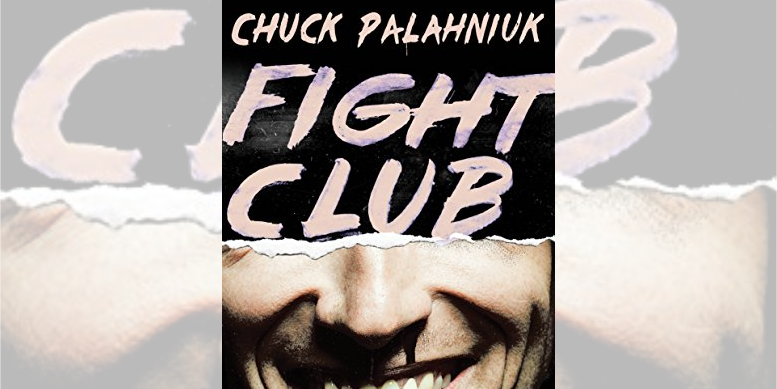Fight Club is a great novel, but it’s opening chapter is a bit… weird.
How does the author make it work and what can we learn from it?
Let’s read, chat, and discuss together
Fight Club is a great novel, but it’s opening chapter is a bit… weird.
How does the author make it work and what can we learn from it?
Let’s read, chat, and discuss together
The Name of the Wind is considered one of the best fantasy novels ever, but it has a pretty unconventional beginning.
Why does it work?
Let’s read the first few pages together and discuss!
It’s the one year anniversary of Fantastic First Pages!
To celebrate, we’ll take a look at a book that I’ve recommended countless times to viewers looking to write young adult: The Hunger Games by Suzanne Collins.
You may have read the book year ago, but now it’s time to look at it in a brand new light.
One thing that comes up a lot in beginner/intermediate writers’ works is that the writing just doesn’t feel real enough.
When reading the words on the page, it doesn’t feel like the character is speaking or that it takes place is another world. Instead, it just sounds like the author talking.
So how do you make your story sound more real? Let’s take a look at one book that does it extremely well: 11/22/63 by Stephen King.
As you learn more about writing, you find out there’s this thing called “voice.”
It’s essentially the personality of the main character/narrator coming through the words on the page, directly to the reader, making them sound as real as possible.
Voice can be tricky to pin down, but there’s one book that does an incredible job of capturing the protagonist’s voice from page one: An Absolutely Remarkable Thing by Hank Green.
Writers often like to start stories by painting with broad strokes, telling the reader about the world and the characters.
Usually that doesn’t work out.
But there is one book that, despite some other shortcomings, does exactly that very well: Ready Player One by Ernest Cline.
How do you start a story that takes place in the future?
Do you jump right into it and potentially confuse the reader? Or do you bring someone from our time into the future so they can ask all the same questions we’d be asking?
There is another choice, and book that shows it off very well is Steelheart by Brandon Sanderson.
Writing fantasy, especially fantasy that takes place in a different world, is extremely difficult. You have to walk the fine line between giving the reader enough detail to see the world, but not so much that you overwhelm them.
Thankfully there are lots of authors who have already done this extremely well, whose works we can look at! And one such example is A Face Like Glass by Frances Hardinge.
Prologues are often traps for beginner writers. They think that they can dump a lot of information at the reader, but it’s okay because it’s a prologue.
Unfortunately that couldn’t be further from the truth.
Thankfully there are good examples of prologues out there. One example is at the beginning of Leviathan Wakes by James Corey.
Before we can go on an adventure with a character, we need to become friends with them. Learn about them. Empathize with them.
One book that does that extremely well is The Hate U Give by Angie Thomas. At the beginning of the book, the main character is in one of the most uncomfortably-relatable scenarios: being dragged to a party by a friend that she doesn’t want to go to.

